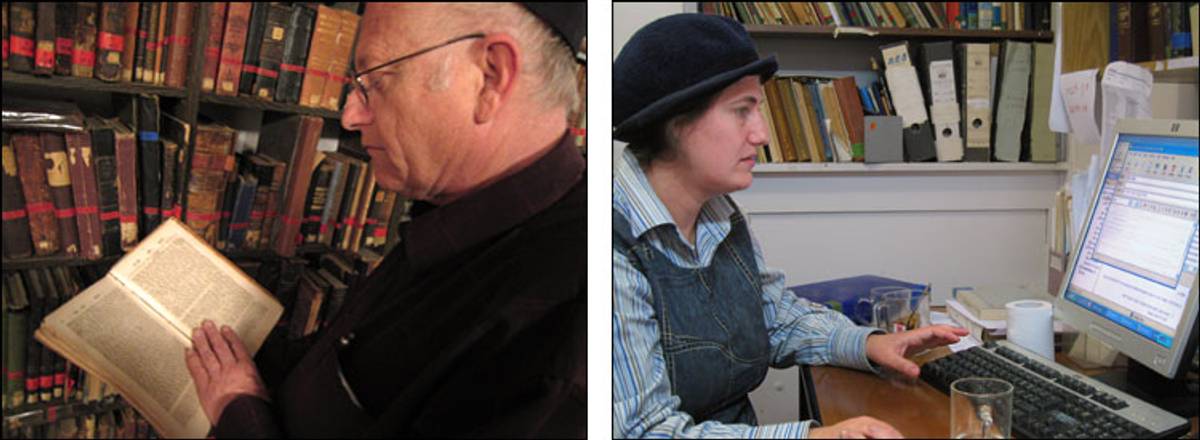Sixty years ago this week, the modern state of Israel was born. Since then, thousands, and ultimately millions, of Jews have adopted Hebrew as their primary language, despite the fact that their ancestors stopped speaking it nearly two thousand years earlier. Linguists say it is the most successful instance yet of a “dead” language’s revival.
So how did Hebrew make the leap from ancient language to modern one? Who coined the terms that allow Israelis to speak about ice cream and skateboards? To answer these questions, Daniel Estrin visits the Academy of the Hebrew Language in Jerusalem, the official arbiter of the language and its evolution. He meets with Keren Dubnov, charged with fielding all queries to the Academy’s Hebrew language hotline, and Gabriel Birnbaum, a senior researcher. With their help, he takes us back to modern Hebrew’s first, best advocate, Eliezer Ben-Yehuda, and forward to a time when, if the Academy has its way, Israelis will refer to their cellphone ringtone as “neimon.”
Note: If you’ve got Hebrew language questions, or want to coin a Hebrew word, you can email the Academy of the Hebrew Language.

Photos: Daniel Estrin.
Your browser does not support the audio element.
Daniel Estrin is a print and radio journalist. His stories have been featured in outlets including The Associated Press, The Atlantic, NPR and Public Radio International.